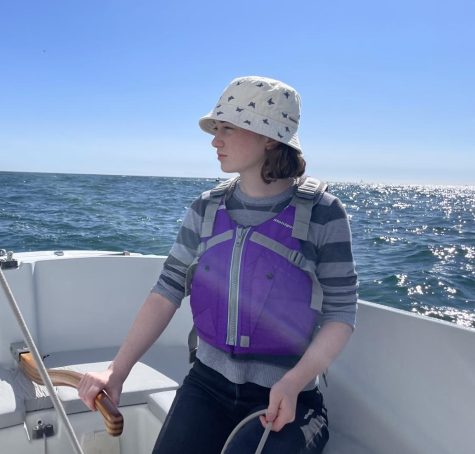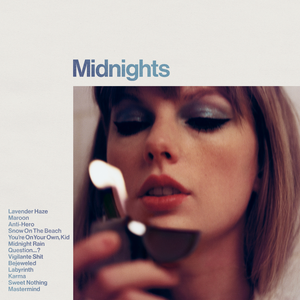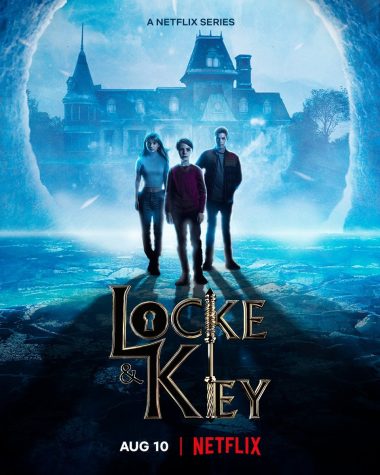Evermore: An Imperfect Treasure Trove
Taylor Swift has shocked the world all over again with the release of evermore, her second surprise album of 2020. Featuring groups like HAIM, The National, and Bon Iver, evermore is the “sister album” to its predecessor, folklore (with which it shares an all-lowercase aesthetic). Swift continues her new trend of telling non-autobiographical stories, which, for the most part, pays off. At its best, evermore combines the strong lyricism of folklore with more varied and modern sounds. At its worst, the lyrics feel recycled and the production is a bit off-putting. Although evermore is not as consistent in quality as its sister album folklore, its better tracks are arguably some of the best of Swift’s career so far. Something that makes evermore special is that many aspects of its stories are open to the listener’s interpretation. In spite of this, it maintains the lyrical acuity Swift is known for– moments of powerful imagery that leave enough space for us to fill in with our imagination and make her songs hit close to home.
The songs on evermore vary enough in genre and style that each is memorable in its own way, yet it still manages to be a fairly cohesive album. The timeless melodies and poignant lyrics make us nostalgic for times and places we never knew. Tales of broken marriage, murder, and grief are juxtaposed with love, longing, and hope. The folksy banjo strums of “ivy” coexist with the syrupy layers of production on “gold rush” and the mournful piano on “evermore.”
Swift may be known best for her storytelling and lyricism, but her vocals on evermore are spot on as well. She is able to convey tremendous amounts of emotion, and yet her voice maintains a kind of quiet strength. Similarly to folklore, she frequently sings in her lower register, giving the album a soothing quality.
Of course, the album is not without fault, as seen on tracks like “closure” and “coney island.” While they are not bad, they don’t meet the standard Swift has set for herself. On “closure,” not only is the production distasteful, but the whole song feels hastily put together, and its 5/4 time signature doesn’t do it any favors. That’s not to say that Swift shouldn’t experiment and take risks–it often yields great results, but it didn’t in this case. “coney island,” which features The National, is slightly more forgivable. For the most part, this song is enjoyable (if you enjoy being miserable), but lines like “If I can’t relate to you anymore, then who am I related to?” detract from the experience, and are honestly just a bit cringe-worthy, knowing she can do much better. There are a few small lyrical blunders like this one sprinkled throughout the album, but apart from that, there’s nothing too extreme.
Nevertheless, missteps like these don’t make the good parts of the album any less good. In fact, some songs are among her greatest ever. The best example of this is “champagne problems,” which tells the story of a rejected proposal. The innocuous title, which refers to problems that are of little to no substance in the grand scheme of things, does little to suggest that this will be one of the most devastatingly beautiful songs of Swift’s career. But indeed it is. The melancholy lyrics go hand in hand with the graceful melody and swell into an utterly magnificent bridge, where Swift delivers memorable lines such as “This dorm was one a madhouse; I made a joke, ‘well, it’s made for me.’” It’s poetic, it’s canny, and it’s all around a great song — great enough to rival even “All Too Well,” which many consider her best work.
Overall, evermore is a culmination of Swift’s years of experience as a veteran of the music industry, intermingled with her willingness to venture into new genres. Imperfect yet powerful, it is a reminder of the foundation Swift has built herself, and the comfort she feels in her position to put forth such an album. She’s made it clear that she is no longer focused on churning out chart-topping hits; she is evolving at her own pace and doing what she loves in her own way.

Grade: 12
Years on Staff: 4
Why are you writing for The Flintridge Press?
I love stories of any kind. Writing and editing for the Flintridge...











